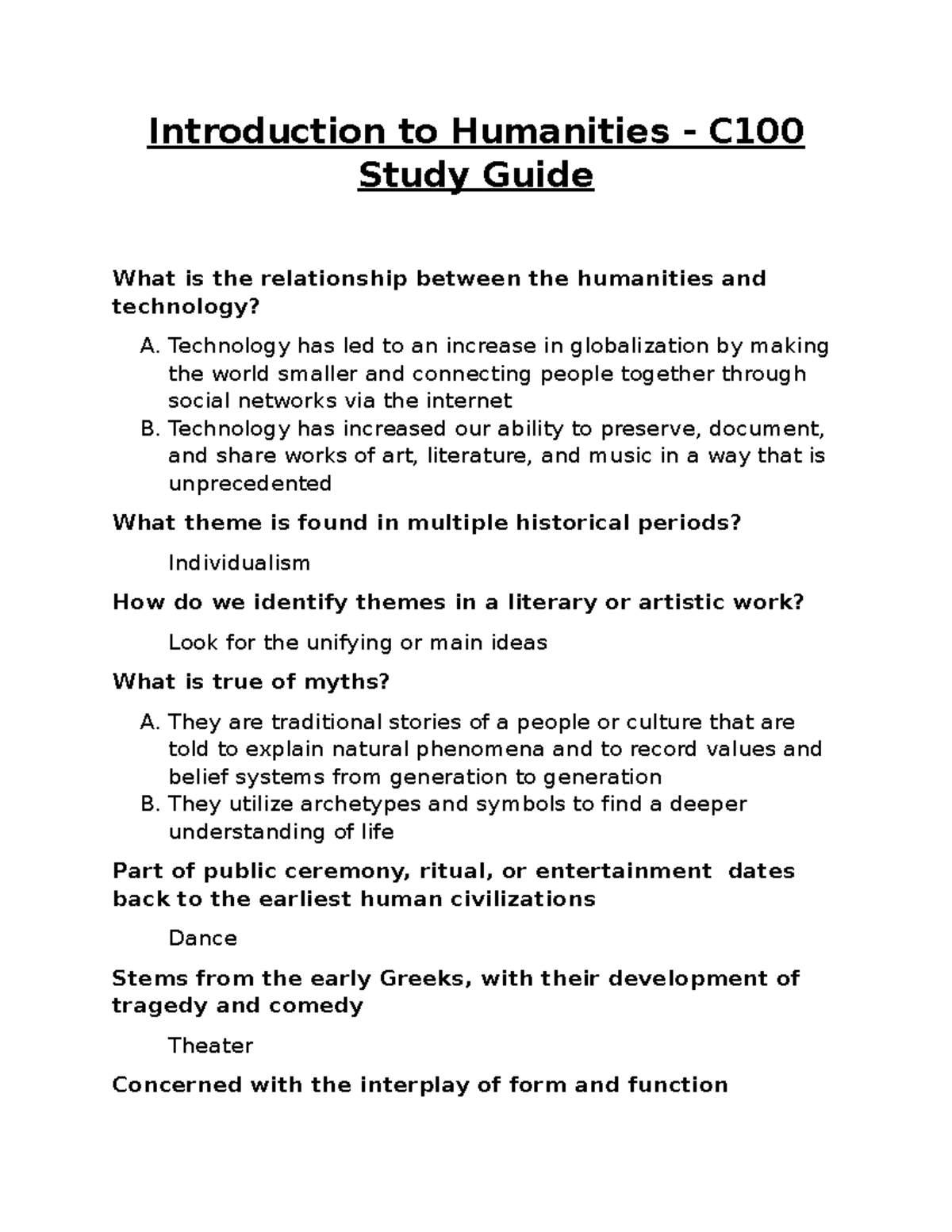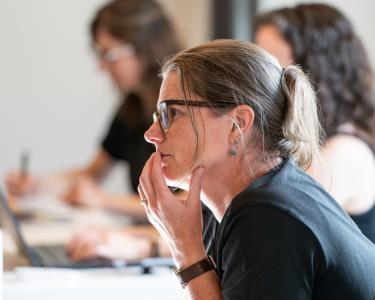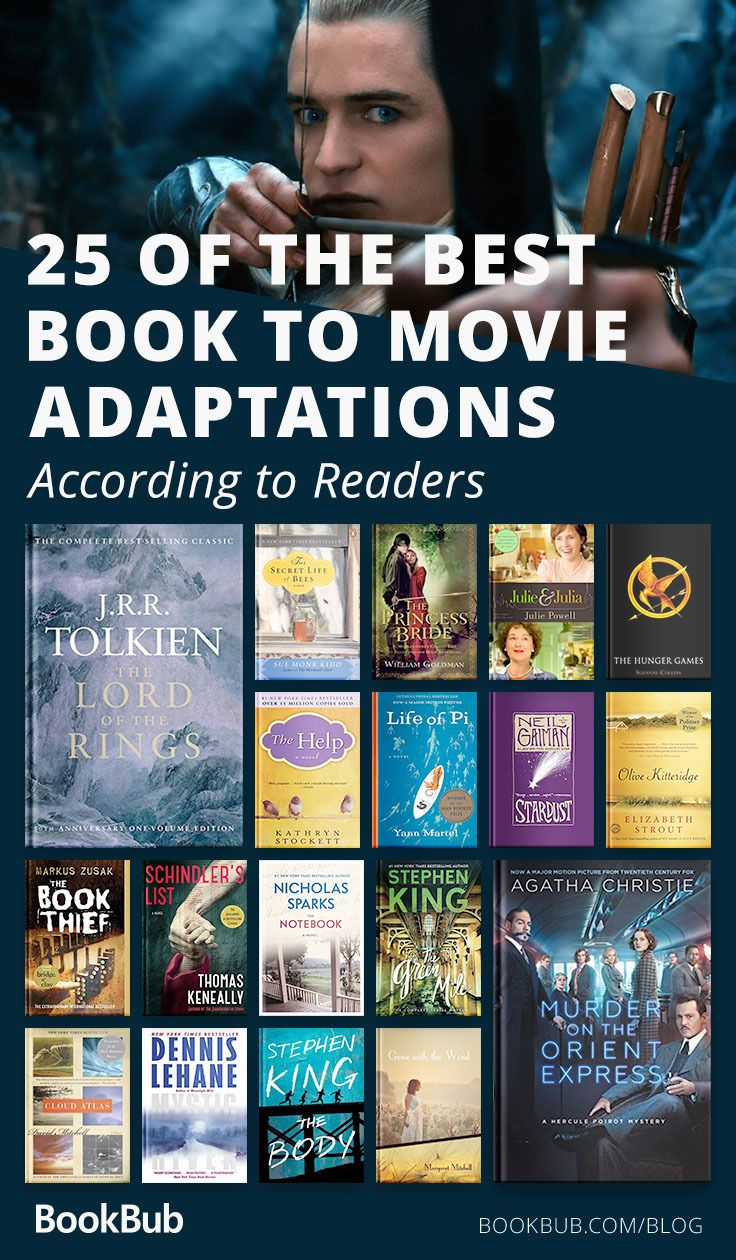Introductory humanities courses serve as a vital gateway for first-year students, providing foundational knowledge and engagement in the arts and humanities. These courses aim to capture the interest of students who, according to research, often shift away from these disciplines by the time they declare their concentrations. In light of declining first-year student enrollment in humanities, programs like those at Harvard are rethinking their approach to attract and engage students effectively. By showcasing the value of humanities education, these courses focus on essential questions of human existence and creativity that resonate with students. Ultimately, the initiative seeks to foster a profound appreciation for the arts and humanities among new learners, paving the way for a lasting impact in their academic journeys and beyond.
Beginning foundational courses in the arts and humanities plays a crucial role in guiding new college students through their educational paths. These introductory classes not only offer a glimpse into complex cultural and philosophical inquiries but also help students discover their potential through engaging exploration of literature, art, and critical thought. As academic institutions like Harvard adapt their curricular offerings to address the decreasing focus on humanities in high schools, they emphasize the importance of fostering an appreciation for these subjects in undergraduates. In doing so, these courses aim to illuminate the significance of humanistic study—an appeal that is essential for nurturing thoughtful and creative individuals in an increasingly interconnected world. Thus, the renewed emphasis on introductory humanities classes is more than a strategy to boost enrollment; it represents a commitment to enriching the academic experience and promoting a deeper understanding of what it means to be human.
Reimagining Introductory Humanities Courses
In an effort to breathe new life into introductory humanities courses, Dean Sean Kelly and the faculty at Harvard are rethinking how these subjects are presented to incoming first-year students. Acknowledging the declining interest in arts and humanities education at the high school level, the initiative aims not only to attract students but also to stimulate their intellectual curiosity. The introduction of nine new courses is a direct response to the alarming statistic that nearly half of first-year students lose interest in humanities within their first year. By emphasizing engaging and relevant content, Kelly hopes to create an educational landscape that piques the interest of future scholars.
This reimagining of the curriculum is particularly vital in an era where understanding human culture is more important than ever. The new introductory courses aim to showcase the intrinsic value of the humanities, moving beyond mere vocational training. By reinventing these foundational courses, the division seeks to provide students with a clear framework into which they can fit their interests and passions, furthering their engagement with arts and humanities education. This strategy not only addresses enrollment challenges but also underscores the profound impact that these disciplines can have on personal development and societal comprehension.
The Value of Humanities in Modern Education
The value of humanities cannot be overstated, especially in today’s rapidly changing world. Courses that engage students in humanities are crucial for fostering critical thinking, empathy, and a sense of cultural context. Dean Kelly’s initiative highlights not just the academic benefits of studying humanities, but also their relevance in discerning complex societal issues. By encouraging first-year students to dive into a diversity of subjects—ranging from literature to philosophy—these courses foster a holistic understanding of the human experience. This enriched perspective is invaluable as students prepare to tackle global challenges.
Moreover, the intrinsic worth of studying the humanities lies in its ability to illuminate the human condition. As students engage with significant texts and profound philosophical questions, they develop a deeper understanding of themselves and their place in the world. This exploration through humanities education empowers students to cultivate their voices as they grapple with existential questions that go beyond their academic pursuits. Therefore, this new approach to introductory courses is not just about filling seats; it’s about reshaping how students view their academic journey and the vital role humanities play in their lifelong learning.
Engaging First-Year Students in the Arts
Engaging first-year students in the arts is a cornerstone of the new curriculum initiatives at Harvard. Dean Sean Kelly emphasizes the importance of introducing students to a vibrant academic culture that celebrates creative thinking and artistic expression. By launching fresh courses that span topics such as film, literature, and music, the faculty aim to attract students who might otherwise dismiss the humanities as unessential. This concerted effort not only incentivizes first-year enrollment but also instills an appreciation for arts and humanities, fostering a community of learners eager to explore diverse cultural expressions.
Courses like ‘Migration and Border Crossing in Film and Photography’ and ‘Introduction to the Medical and Health Humanities’ exemplify the dynamic approach of the new curriculum. These subjects offer timely relevance, encouraging students to engage with pressing contemporary issues through an artistic lens. By connecting their academic experiences to real-world contexts, students not only learn about significant cultural themes but also develop critical analytical skills. Such efforts aim to cultivate a lifelong passion for the arts and humanities, enriching the academic experience of every student who enters Harvard.
Learning from Successful Models in Humanities
The success of the Department of Philosophy at Harvard, which has seen a significant increase in concentrators since shifting its focus towards engaging undergraduates, serves as a powerful model for the new introductory humanities courses. By addressing essential questions about humanity rather than solely preparing students for advanced degrees, this approach has successfully captivated student interest. The insightful structure of courses such as ‘Phil 129: Kant’s “Critique of Pure Reason”’ illustrates how meaningful content can drive enrollment and enhance student engagement in the humanities.
The key takeaway from the philosophy department’s transformation is the importance of relevance and resonance in course design. As Dean Kelly draws inspiration from this success, the hope is to create courses that connect with students on a personal level. By focusing on universally applicable themes rather than solely traditional literature or art history, the new offerings will strive to meet students where they are. This connection not only increases the likelihood that students will remain in the humanities but also fosters a deeper appreciation for these disciplines, ultimately contributing to a more vibrant cultural community.
Significance of Great Works in Humanities Education
The debate surrounding the ‘great works’ of literature and philosophy poses an intriguing challenge for today’s humanities educators. While the ‘Canon Wars’ of previous decades broadened perspectives on essential texts, they also complicated the process of identifying key works for new students. Dean Kelly argues that presenting engaging, significant texts is critical for capturing first-year students’ imaginations. By prioritizing the study of profound works that resonate with contemporary issues, educators can reignite interest in the humanities and illustrate their timeless relevance.
By curating a selection of ‘great works,’ educators convey the significance of these texts in shaping our understanding of the human experience. For instance, examining Shakespeare’s ‘King Lear’ not only allows for literary analysis but also empowers students to explore themes of power, identity, and morality that remain pertinent today. This approach aims to educate students on analyzing literary masterpieces not only as artifacts of a bygone era but as essential tools for personal and societal introspection. By making great works accessible and relatable, students can foster a lifelong appreciation for humanities.
Creating an Inclusive Humanities Curriculum
An inclusive humanities curriculum is critical for fostering engagement among students from diverse backgrounds. Dean Kelly’s initiative acknowledges that traditional approaches have often alienated students by focusing on a narrow representation of cultural narratives. By integrating a wider range of voices and perspectives into introductory courses, the new curriculum seeks to empower all students to see themselves reflected in the humanities. This inclusion not only broadens the appeal of the courses but also enriches the academic dialogue within the classroom.
The goal of creating an inclusive curriculum extends beyond just enrollment—it aims to cultivate a community where every voice is valued. By introducing students to interdisciplinary topics that draw on various cultural traditions, these courses allow students to engage in rich discussions and explore their identities. The emphasis on inclusivity is essential for fostering a more nuanced understanding of cultural issues and providing students with the tools they need to become empathetic global citizens. The expectation is that a diverse humanities curriculum will resonate with students and inspire them to delve deeper into their studies.
Innovative Approaches to Teaching Humanities
Innovative approaches to teaching humanities courses can transform students’ learning experiences, making them more interactive and engaging. For instance, blending traditional lecture formats with dynamic discussions, multimedia content, and experiential learning opportunities can captivate students. By leveraging these methods, instructors can facilitate deeper connections with the material, allowing students to see the practical implications of their studies. Such innovative approaches are integral to increasing first-year student enrollment in humanities courses, as they present the subjects in a captivating and relatable manner.
Additionally, utilizing technology can present new opportunities for student engagement. Interactive platforms can create collaborative environments where students share their perspectives, fostering community and dialogue. For example, educators might incorporate virtual storytelling workshops or online discussions about contemporary cultural themes inspired by classic literature. These engaging techniques not only appeal to students’ interests but also encourage them to think critically about the world around them. By adopting a multi-faceted approach to teaching, humanities disciplines can become a vibrant space for exploration and personal growth.
Fostering Lifelong Interest in Humanities
Fostering a lifelong interest in the humanities begins with the foundational experience students have in their introductory courses. Recognizing that a transformative education is more than acquiring knowledge, educators aim to instill a love for the humanities that transcends the classroom. By emphasizing the personal and societal relevance of the subjects, instructors hope to inspire students to continue exploring literature, art, and philosophy beyond their academic years.
Furthermore, cultivating this passion for the humanities can lead students to engage in community initiatives and cultural events that celebrate the arts. For instance, students who find motivation in their introductory courses may pursue internships in museums, participate in literary clubs, or engage with local arts organizations. These connections not only enhance their academic experience but also foster a sense of responsibility toward preserving and promoting the cultural landscape. Thus, by igniting a passion for humanities, educators not only enrich individual lives but also strengthen the broader cultural fabric of society.
Frequently Asked Questions
What are introductory humanities courses and why are they important for first-year students?
Introductory humanities courses are foundational classes that immerse first-year students in the study of arts and humanities. They are crucial because they help students explore significant cultural, philosophical, and artistic ideas, fostering critical thinking and engagement with the human experience. These courses counteract declining enrollment in the humanities by captivating students’ interests and showcasing the intrinsic value of these fields.
How does Harvard’s initiative engage first-year students in introductory humanities courses?
Harvard’s initiative, led by Dean Sean Kelly, introduces nine new introductory humanities courses designed to engage first-year students by addressing their interests and contemporary topics. This approach aims to counter the enrollment decline in arts and humanities by providing courses that resonate with today’s students, making the humanities relevant and compelling for their academic journey.
What types of subjects are covered in Harvard’s introductory humanities courses?
Harvard’s introductory humanities courses cover a diverse array of subjects including medical and health humanities, migration in film, the intersection of language and technology, and more. These subjects are chosen to engage students with essential questions about humanity and culture, emphasizing not only the instrumental but also the intrinsic value of studying arts and humanities.
Why is there a decline in first-year student enrollment in humanities courses?
The decline in first-year student enrollment in humanities courses is attributed to several factors, including reduced emphasis on these subjects in high schools and the complex narratives stemming from the ‘Canon Wars’. To counter this trend, universities are rethinking their introductory courses to focus more on engaging and relatable content that resonates with students’ interests.
What benefits do students gain from introductory humanities courses?
Students gain numerous benefits from introductory humanities courses, including enhanced critical thinking skills, a deeper understanding of cultural contexts, and the ability to engage with diverse viewpoints. These courses also help students develop essential skills in reading, writing, and analysis, which are valuable in any discipline, supporting their overall academic and personal growth.
How can introductory humanities courses impact a student’s future academic path?
Introductory humanities courses can significantly impact a student’s future academic path by providing a foundational understanding of key concepts and critical thinking skills. By exposing students to significant ideas and texts in the humanities, these courses help them refine their interests, guiding them towards concentrations that resonate with their passions and career aspirations.
What is the aim of Harvard’s new introductory humanities courses for first-year students?
The aim of Harvard’s new introductory humanities courses is to re-engage first-year students with the humanities by making them more relevant and appealing. These courses seek to highlight the intrinsic value of studying arts and humanities, fostering a deeper understanding of human culture and encouraging students to appreciate literature, philosophy, and the arts as crucial elements of the human experience.
Are introductory humanities courses at Harvard designed to support students in their overall academic development?
Yes, the introductory humanities courses at Harvard are specifically designed to support students in their overall academic development. They provide essential frameworks for understanding complex ideas, improving analytical skills, and fostering an appreciation for cultural narratives, which can enhance learning across all disciplines.
How can engaging in introductory humanities courses transform a student’s view of the world?
Engaging in introductory humanities courses can transform a student’s view of the world by exposing them to diverse perspectives and encouraging them to critically reflect on their own beliefs and values. This transformative experience can enhance their empathy, creativity, and understanding of complex societal issues, leading to a more enriched and informed worldview.
What role do professors play in enhancing the appeal of introductory humanities courses?
Professors play a crucial role in enhancing the appeal of introductory humanities courses by designing engaging and relevant curriculum that speaks to contemporary issues. Their expertise and passion for the subjects can inspire students, making the courses more inviting and helping students appreciate the complexities and beauty of human culture.
| Key Point | Description |
|---|---|
| Engagement with the Arts and Humanities | First-year students are offered nine new introductory courses to rekindle interest in humanities. |
| Declining Enrollment | Only 12% of first-years are initially interested in humanities, with half changing their minds. |
| Curriculum Revision | Professors are rethinking introductory courses to inspire engagement and reflect contemporary interests. |
| Innovative Course Offerings | Courses like ‘Introduction to the Medical and Health Humanities’ and ‘Migration and Border Crossing in Film and Photography’ aim to connect with students. |
| Intrinsic vs. Instrumental Value | Courses aim to emphasize the intrinsic value of humanities beyond practical applications. |
Summary
In the realm of introductory humanities courses, the initiative led by Dean Sean Kelly aims to reconnect first-year students with the invaluable insights and teachings of the arts and humanities. With a strategic redesign of the curriculum and introduction of diverse, contemporary courses, it seeks to reverse the decline in enrollment and enrich students’ understanding of their cultural heritage. By focusing not only on the practical value of humanities but also on their intrinsic significance, these courses are poised to transform students’ educational journeys and deepen their engagement with the human experience.


